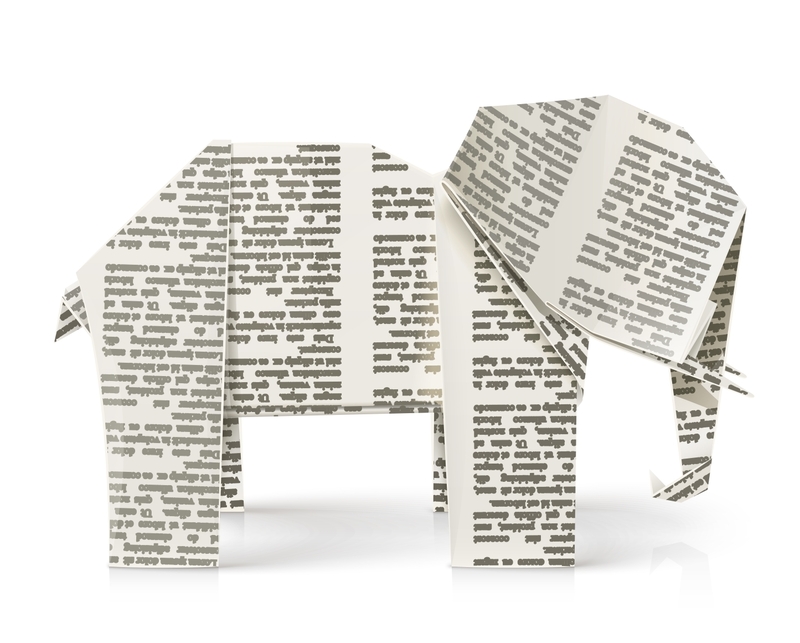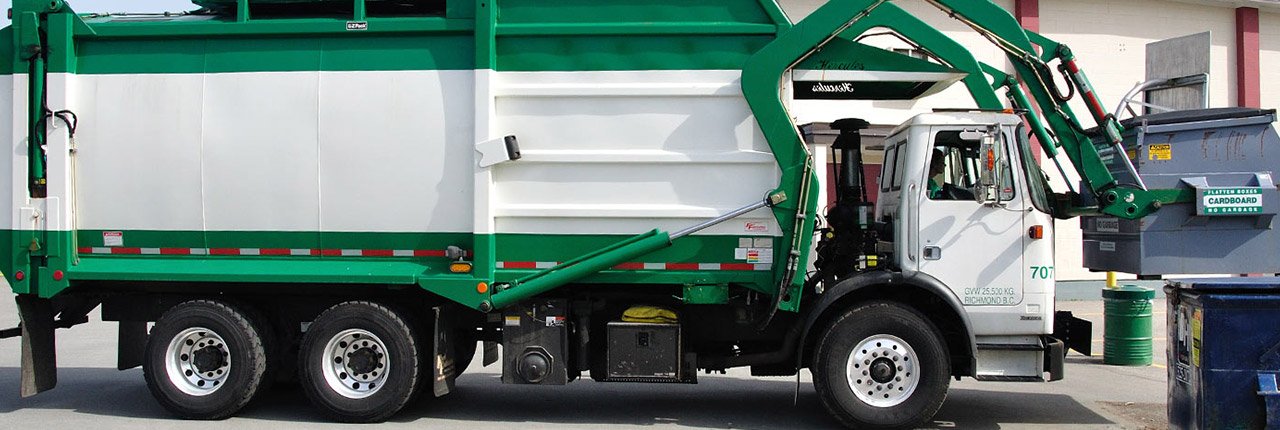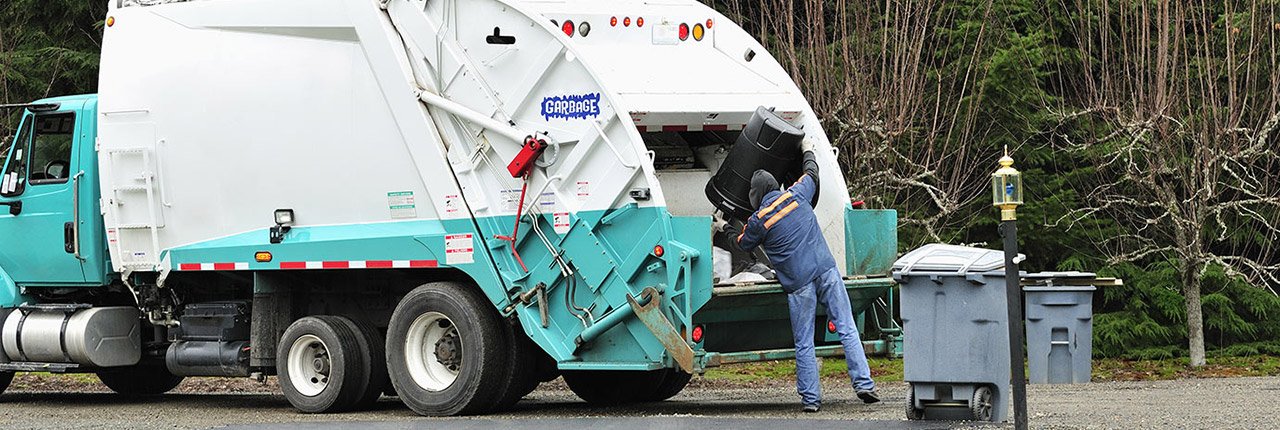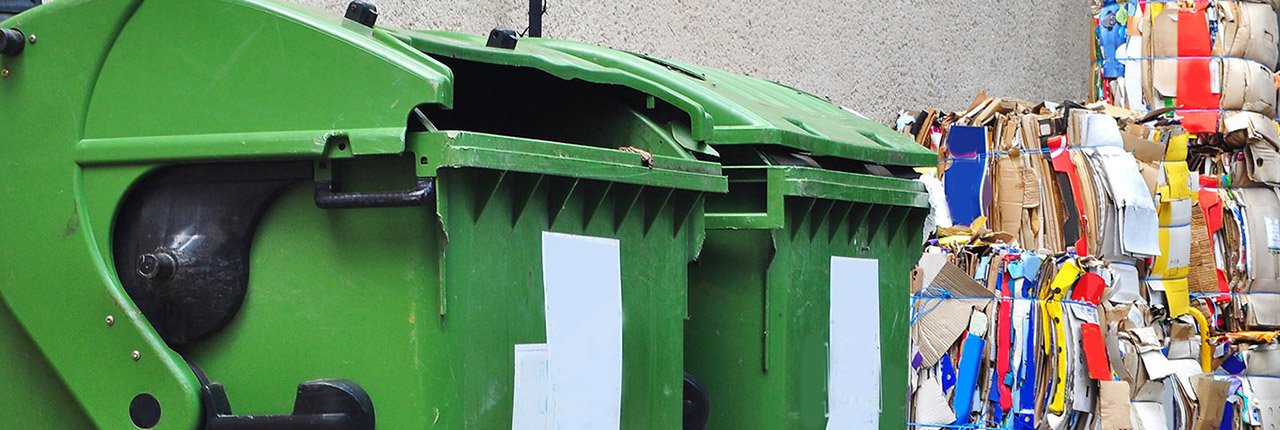Sorting Through Family Treasures
Posted on 04/11/2024
Introduction: The Heartfelt Journey of Sorting Through Family Treasures
Sorting through family treasures can be both a challenging and rewarding experience. Whether you're dealing with items that have accumulated over generations or recent possessions left behind by a departed loved one, the process touches deep emotional chords. This article aims to guide you through this sensitive task, offering valuable tips and insights along the way, including the pros and cons of different approaches.

Understanding the Emotional Landscape
Sorting through family treasures isn't just a task; it's an emotional journey. Each item tells a story and brings back a myriad of memories. It's essential to approach this process with empathy and patience, understanding that it may take time to navigate through these emotions.
Steps to Organize the Task
Before diving into the task, it's helpful to outline a clear plan:
1. **Create a List:** Document all areas that need sorting, such as attics, basements, closets, and storage units.
2. **Set a Timeline:** Allocate specific days or weekends dedicated to sorting family treasures to avoid feeling overwhelmed.
3. **Gather Supplies:** Have boxes, markers, labels, and packing materials ready before you start.
Categorizing Family Treasures
One effective way to sort family treasures is by categorizing them into groups. Here are some categories to consider:
1. **Sentimental Items:** Photo albums, letters, and personal mementos.
2. **Valuable Items:** Jewelry, antiques, and collectibles.
3. **Functional Items:** Furniture, kitchenware, and electronics.
4. **Donations:** Items that can be donated to charity.
5. **Disposal:** Items that are damaged or have no use anymore.
Tips for Sorting Sentimental Items
Sentimental items can be the hardest to sort because of the emotional attachment. Here are some tips to make the process easier:
1. **Take Your Time:** Don't rush through sentimental items. Allow yourself the time to reminisce and honor the memories.
2. **Involve Family Members:** Sharing memories with family can bring a sense of closeness and help distribute the emotional load.
3. **Digitize Important Items:** Create digital copies of photos, letters, and documents to preserve memories without taking up physical space.
Pros and Cons of Sorting Through Family Treasures
Before diving into the task, it's helpful to understand the potential benefits and drawbacks.
**Pros:**
- **Emotional Healing:** Revisiting old memories can be a therapeutic experience.
- **Rediscovery:** You might find long-lost items that bring joy and significance.
- **Space Management:** Clearing out clutter creates more physical and mental space in your life.
- **Family Bonding:** The process can bring family members closer as they share stories and memories.
**Cons:**
- **Emotional Drain:** Reliving memories can be emotionally exhausting.
- **Time-Consuming:** The process can take significant time, especially if there are many items.
- **Conflicts:** Different family members may have different opinions on what to keep or discard.

Takeaways
- **Patience is Key:** Take your time through the process and don't rush decisions.
- **Family Involvement:** Engage with family members to share the emotional burden and ensure collective decision-making.
- **Utilize Technology:** Consider digitizing important documents and photos to save space.
- **Seek Professional Help:** If the task feels overwhelming, consider consulting a professional organizer.
Conclusion: Embracing the Process
Sorting through family treasures is a profound journey that blends emotional healing with practical benefits. While the task may seem daunting, approaching it with a structured plan, emotional preparedness, and family involvement can transform it into a rewarding experience. By understanding the pros and cons, following the given tips, and embracing the takeaways, you can navigate this sensitive task with grace and efficiency, ultimately creating a space filled with cherished memories and meaningful items.
Latest Posts
Creative Ways to Introduce Kids to Recycling
The Evolution of Waste Management Through Ancient to Modern Times
Discovering the Basics: What Exactly is a Builder's Skip







